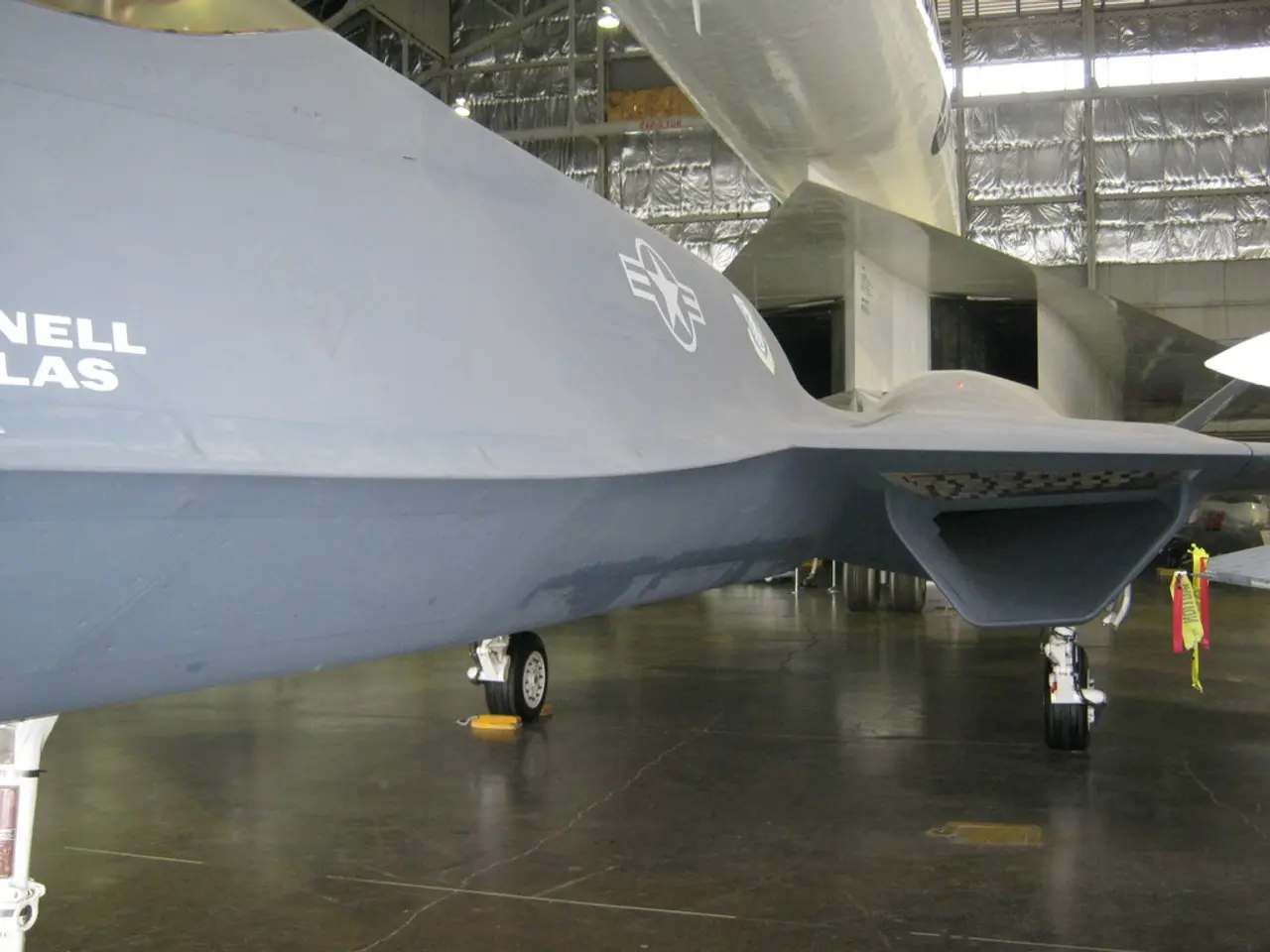Unconditional Qatari jet, potentially serving as the next Air Force One, to be donated to the Pentagon, as per the agreement.
The Boeing 747 VIP jet donated by Qatar to the Pentagon is an unconditional gift valued at around $400 million, intended for use as the next presidential aircraft. However, the Pentagon is responsible for all costs related to upgrading and retrofitting the plane for security and operational needs.
This donation has prompted criticism over ethical, legal, and logistical implications.
Ethical Implications
The donation raises concerns about potential conflicts of interest or undue influence since it involves a valuable gift from a foreign government to the U.S. Defense Department during a presidential administration. The Memorandum of Understanding (MOU) explicitly states that the gift is not to be interpreted as bribery or corrupt practice, emphasizing it as a bona fide donation.
Critics question the appropriateness of accepting such a costly plane during the sitting president’s term, especially because it may then be transferred to the president’s private presidential library, potentially blurring lines between public assets and private benefit.
Legal Implications
The MOU formalizes the deal as an "unconditional donation" with no cost to the U.S., and with no stipulations on the aircraft’s post-presidential use, which is unusual for government procurement and asset transfers. Some lawmakers argue that refurbishment costs could run into hundreds of millions or even a billion dollars, raising questions about prudent fiscal management and transparency, since taxpayer funds (reallocated from other programs like the LGM-35A Sentinel missile program) will and have been used for upgrades.
Legal scrutiny may focus on whether the gift complies with federal ethics standards for accepting gifts by government officials and whether adequate safeguards exist to prevent conflicts of interest.
Logistical Implications
The Pentagon must fund and oversee all retrofitting and security upgrades on a plane donated “as is,” which involves complex modifications to meet Air Force One standards—secure communications, defense systems, and comfortable VIP accommodations. Upgrades are anticipated to be costly and complicated, requiring detailed inspections for security vulnerabilities, including espionage threats, before acceptance.
The jet will serve temporarily while newer government aircraft are under construction, adding a layer of logistical coordination in planning presidential transport.
In summary, the donation of the Qatar Boeing 747 VIP jet to the Pentagon is legally framed as an unconditional gift, but it imposes substantial ethical and financial questions due to the involvement of foreign government entities, high retrofitting costs borne by the U.S., and unclear long-term disposition of the aircraft after presidential use.
The price tag to retrofit the Qatari plane for use by the president is classified, but Air Force Secretary Troy Meink previously told lawmakers it will "probably" cost less than $400 million. The first report of the MoU was made by The Washington Post.
- The ethical implications of the donated Boeing 747 VIP jet from Qatar to the Pentagon are questionable, as it may raise concerns about potential conflicts of interest or undue influence due to its value and possible future transfer to a presidential library, blurring lines between public assets and private benefit.
- From a legal standpoint, the Memorandum of Understanding (MOU) for this donation is unusual, as it does not specify post-presidential use and the potential high refurbishment costs could lead to questions about prudent fiscal management and transparency, since taxpayer funds have been reallocated for upgrades. Legal scrutiny may also focus on compliance with federal ethics standards and the presence of adequate safeguards against conflicts of interest.
- Logistically, the Pentagon will need to fund and oversee costly and complicated retrofitting and security upgrades on the Qatari plane to meet Air Force One standards, adding a layer of logistical coordination in planning presidential transport. This complex and potentially expensive process will involve detailed inspections for security vulnerabilities before acceptance.




